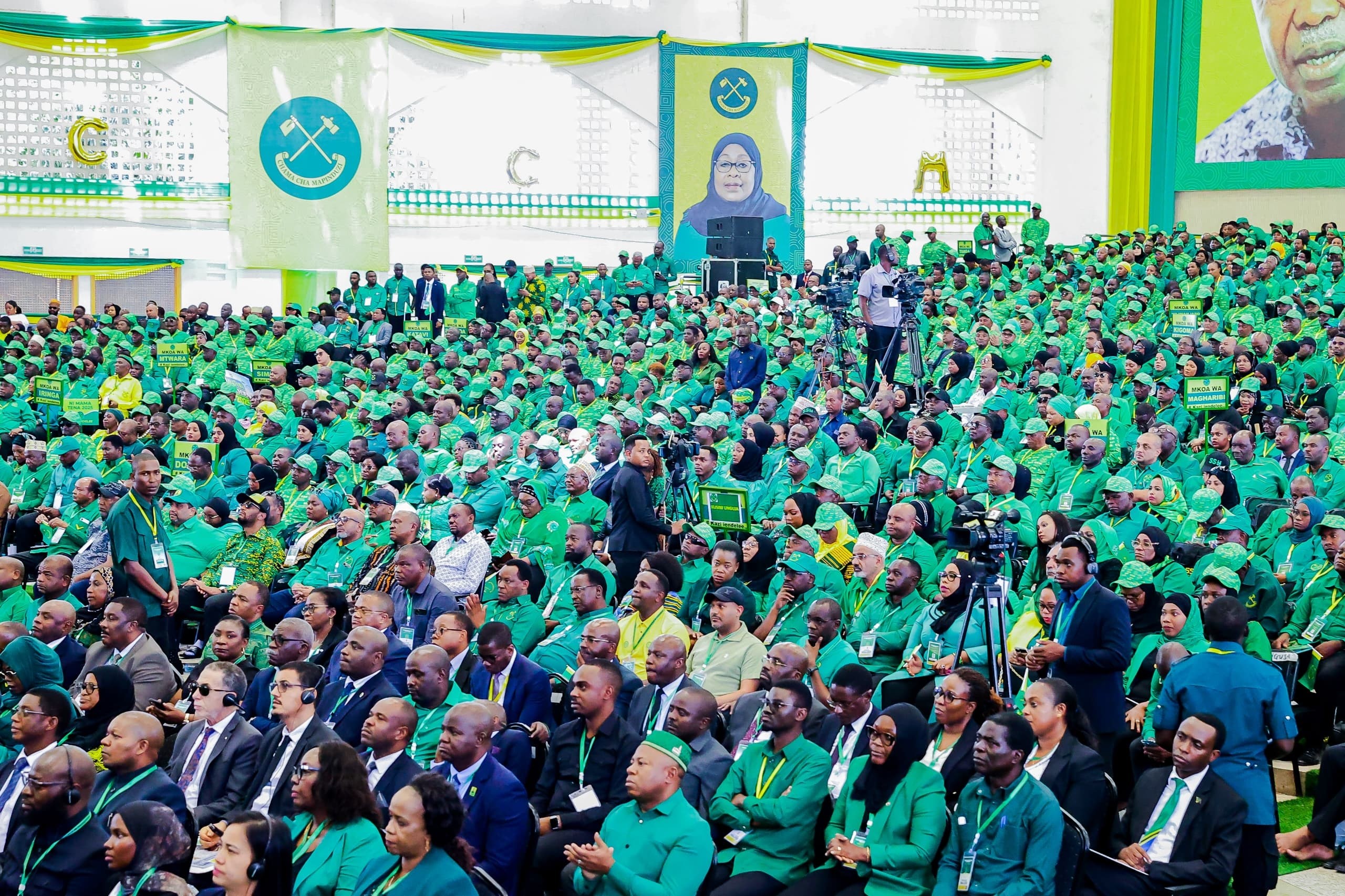Prime
How Kabourou and Kigoma 1994 by-election shaped Tanzania’s multiparty democracy

What you need to know:
- The by-election, triggered by the death of CCM MP Rajab Omar Mbano in late 1993, was supposed to be routine, instead, it turned into a referendum on the country’s fledgling multiparty system
Kigoma. In the heat of June 1994, as crowds gathered in Kigoma Urban for one of Tanzania’s first multiparty parliamentary by-elections, a quiet political revolution was unfolding.
At the heart of it stood Dr Amani Walid Kabourou, a defiant academic-turned-politician who would go on to challenge the country’s most powerful institutions in court, win, and ultimately reshape the rules of Tanzanian politics.
The by-election, triggered by the death of CCM MP Rajab Omar Mbano in late 1993, was supposed to be routine. Instead, it turned into a referendum on the country’s fledgling multiparty system.
With Kabourou standing on a Chadema ticket against CCM’s Azim Suleman Premji, the race drew national attention, and exposed deep flaws in the system.
Breaking the one-party mold
Although multiparty by-elections had already been held in Zanzibar and Ileje, it was Kigoma that electrified the political imagination of a country still emerging from three decades of one-party rule.
Dr Kabourou, who had initially sought the CCM nomination but was blocked, defected to the then-fledgling Chadema and immediately became a lightning rod for opposition hopes.
His opponent, Premji, was a well-connected businessman of Asian descent, backed by the full machinery of the ruling party, including top cabinet ministers and, controversially, the president himself.
When NEC declared Premji the winner with 9,453 votes to Kabourou’s 5,325, the challenger refused to concede.
What followed would become one of the most consequential legal battles in Tanzanian electoral history.
Democracy on trial
Kabourou’s lawsuit, formally filed as Dr Kabourou vs Attorney General & Others, accused the government of a series of electoral violations.
Among them: misuse of state resources, premature campaigning by ministers, media bias from Radio Tanzania Dar es Salaam (RTD), TBC Taifa was known then, and, perhaps most critically, Premji’s alleged non-citizenship under Tanzanian law.
High Court Judge Francis Mchome ruled in Kabourou’s favour in August 1994, annulling the results and finding that top government officials had abused public office for partisan gain.
Even President Ali Hassan Mwinyi, the court said, had broken campaign rules by flying on a government aircraft to Kigoma to stump for his party.
But the most damning revelation was that Premji was not legally Tanzanian.
Though born in Tanganyika, he retained Indian citizenship, making him ineligible to run under the 1961 Citizenship Act.
When the case reached the Court of Appeal, Chief Justice Francis Nyalali issued a historic ruling: “Democratic rights are not decorative clauses in the Constitution, but enforceable principles.”
Vindication at the ballot box and fallout
Despite the annulment, NEC declined to hold a fresh by-election.
Kabourou would have to wait for the 1995 general election to try again.
This time, he won, resoundingly, securing his place as one of the first opposition MPs in the post-single-party era.
But victory came at a cost. In 1999, Kabourou lost his seat again after being accused of using a racial slur during the campaign.
Mr Premji retook the constituency amid claims of vote tampering and a backlash that led to unrest in Kigoma.
Kabourou and several Chadema leaders were arrested and jailed for incitement, highlighting the risks of dissent in an unequal political landscape.
Return, rise, and realignment
The 2000 general election brought Kabourou back to Parliament, where he was named Leader of the Official Opposition.
His tenure coincided with a boycott by CUF MPs protesting alleged vote rigging in Zanzibar, allowing Chadema to briefly dominate opposition politics.
But by 2002, CUF returned, and Kabourou was ousted from the opposition leadership.
He remained a senior figure in Chadema until tensions and dwindling internal support pushed him to defect in 2006 to CCM, the very party he had once sued.
It was a startling twist. Kabourou was nominated to the East African Legislative Assembly (EALA) in 2007, making him the first Tanzanian to serve in three supranational parliaments: the National Assembly, the Pan-African Parliament, and EALA. He later chaired CCM’s Kigoma regional office until 2017.
A complex legacy
Dr Kabourou passed away in 2018, leaving behind a legacy that defies easy categorisation.
To many, he was a fearless defender of constitutionalism and a pioneer of electoral justice.
To others, his defection to CCM betrayed the ideals he once fought for.
What is indisputable is that Kabourou helped set legal and democratic precedents still cited today.
His victories in court demonstrated that even Tanzania’s most powerful institutions, its ruling party, its presidency, its electoral commission, could be held accountable by citizens determined to test the Constitution.
More than three decades later, with voter turnout stagnating and faith in electoral fairness under scrutiny, Kabourou’s story remains not just history, but a lesson.



